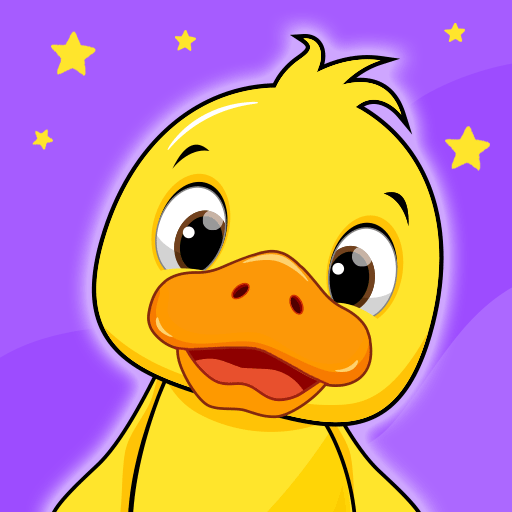Playing games with toddlers aged 1 to 3 years old is essential for their development. At this stage, babies are curious, energetic, and eager to explore the world around them. Baby games are a great way to stimulate their cognitive, motor, and social skills while keeping them entertained.
Benefits of Playing Games for Toddlers
Cognitive and Motor Skill Development
Games designed for 1 to 3-year-olds help improve memory, problem-solving, and hand-eye coordination. Simple activities like stacking blocks or sorting shapes encourage toddlers to think critically and use their hands with more control.
Social and Emotional Growth
Playing games also teaches toddlers how to interact with others. Whether it’s a parent, sibling, or friend, games provide opportunities for sharing, taking turns, and communicating emotions, laying the foundation for strong social skills.
Popular Baby Games for 1-3 Year Olds
1. Peek-a-Boo
Peek-a-Boo is a classic game that toddlers love. It teaches object permanence—the understanding that things exist even when out of sight—and brings lots of giggles. Simply cover your face with your hands and then reveal it, saying “Peek-a-boo!” This game is simple but very effective for babies.
2. Stacking Blocks
Using colorful blocks to stack and knock down helps toddlers develop fine motor skills and hand-eye coordination. It also encourages creativity and spatial awareness as they figure out how to balance blocks without them falling.
3. Shape Sorting Toys
Shape sorters are excellent for teaching toddlers about shapes, colors, and problem-solving. They practice matching the right shape to the corresponding hole, boosting both cognitive and motor skills.
4. Sing-Along and Movement Games
Songs with actions like “If You’re Happy and You Know It” or “The Wheels on the Bus” engage toddlers in physical activity and improve memory through repetition. These games combine music, movement, and learning, which is perfect for this age group.
Tips for Choosing and Playing Games
Safety First
Always choose toys and games appropriate for your child’s age group, avoiding small pieces that might pose choking hazards. Supervision during playtime is essential.
Keep It Simple and Fun
Toddlers have short attention spans, so keep games simple and short. Follow their lead and switch activities if they lose interest.
Encourage Exploration and Praise
Allow your child to explore freely during play and celebrate their successes, no matter how small. Positive reinforcement helps build confidence and motivation.
Conclusion
Baby games for 1-3 year olds are more than just fun—they are crucial tools for learning and development. By engaging toddlers with age-appropriate activities like peek-a-boo, stacking blocks, and sing-along games, parents and caregivers can support cognitive, motor, and social growth in a joyful way. Remember, the best game is one filled with love, patience, and shared laughter.

